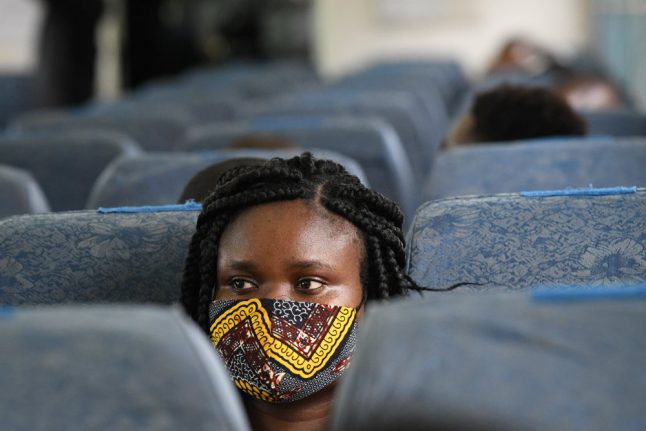The European Commission, European Centre for Disease Prevention and Control (ECDC) and European Union Agency for Railways all advise use of the protective item in their most recent guidelines.
Face masks are advised in situations where it is not possible to maintain a distance of at least 1.5 metres from other people.
Rail personnel should also be advised and trained to use the masks, according to the guidelines.
Passengers on trams and trains in Norway, as well as on the Oslo Metro, are not required to use face masks, however.
“We will follow the recommendations of the Norwegian health authorities at all times. So you must ask them and not us. Sporveien is leaving it up to the health authorities to give travel (health) advice,” said Cato Asperud, head of communications with Oslo tram and metro operating company Sporveien, in comments reported by NRK.
Rail operators Vy and Flytoget also said they would follow the recommendations of national health authorities, according to the broadcaster’s report.
The Norwegian Institute of Public Health (FHI) does not currently advise mandatory face mask use on trains and other public transport.
“In the current epidemiological situation in Norway, wearing face masks to reduce the spread of COVID-19 is not recommended for individuals in the community without respiratory symptoms who are not in near contact with people who are known to be infected,” the health authority states in its review.
“… undesirable effects of face masks include the risks of incorrect use, a false sense of security (leading to relaxation of other interventions), and contamination of masks,” FHI also states.
“If the epidemiological situation worsens substantially in a geographical area, the use of facemasks as a precautionary measure should be reconsidered. Measures to reduce risks during necessary public transport and during mass events, including wearing face masks, should be explored further,” the Norwegian health authority writes in its conclusion.
Airlines SAS and Norwegian do require face masks to be worn on board.
READ ALSO:



 Please whitelist us to continue reading.
Please whitelist us to continue reading.
Member comments